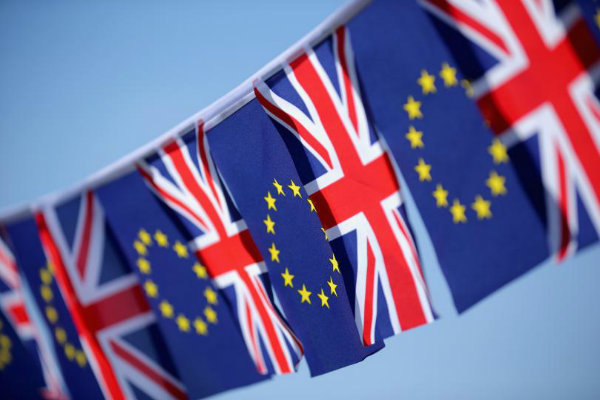By Rianne Klein Geltink, sales director at B2C Europe.
As the name of the company suggests – B2C Europe‘s network of operations and customers is international, with most of our work focused across Europe. For this reason, we have been paying particularly close attention to the Brexit debate, not only how Britain‘s departure from the EU might affect UK business and consumers, but also what it would mean for our European counterparts.
We have our own thoughts about the issue, but what really matters to us is our customers‘ opinions. What would be the ideal outcome for them and why? What worries them about a British exit and how might it change the way we work with them? Rather than ponder, we decided to ask two of our European customers that have operations across the continent and are growing quickly within the UK.
Ana Webanck, who works for an online beauty retailer in France explained how important international expansion will be to her business:
“We are a French start up with operations and staff in France, Japan, the UK and Germany. For the last year growing internationally has been one of our main objectives, particularly within the UK and Germany. Currently, UK customers make up over 10% of our business and this is increasing. The possibility of the UK leaving the European Union is a little nerve-racking for a start up like us that is just starting to see growth in the UK.”
Her first concern about the UK leaving the EU relates to potential delays:
“70% of our business is made from subscriptions of monthly health and beauty boxes. Therefore, our customers expect us to deliver at the same time every month. If the UK were to leave the European Union there could well be delays at the border, which might mean that we need to restructure our deliveries arriving into the UK. The problem is that at this stage we can only speculate on how long the delays might be, and whether our customers would be waiting days or even weeks longer for their products.”
She then explains what the consequences of the Brexit going ahead might mean for the actual products she is selling into the UK:
“As well as preparing for the delays we might need to reconsider the content of the boxes. We have already had problems shipping products that contain a certain level of alcohol into the UK. If the Brexit were to go ahead, we cannot tell what restrictions we will see on other products within the beauty and food sector.”
Ana‘s biggest concern is the possibility that she might lose UK customers:
“The final blow would be to our customers who might start to incur the costs of customs charges. This would damage our relationship with our UK customers who are used to paying around £15 a month (including postage and packaging) for the beauty boxes. This is a reasonable price but if customs charges were added we worry that a lot of our UK customers will cancel their subscriptions.”
If the UK did leave the EU, Ana describes some of the changes that she might need to make to her business:
“One thing we might need to consider to avoid the delays and charges would be to actually have a physical warehouse in the UK. This would mean that we could package and distribute from within the UK, as we do for Japan. But the costs and time involved with this would be extremely high.”
Summing up her thoughts, Ana concludes:
“Hypothetically speaking, let‘s say the Brexit had already been passed before we began our operations in the UK and Germany. If we had been forced to choose which of the two regions to target first, there‘s no doubt that we would have focused our efforts on Germany rather than the UK. The potential customs clearance and delivery delays would have meant that it just wasn‘t worthwhile.”
Willem Bontrup, founder of Dutch organi
RELATED STORIES


















